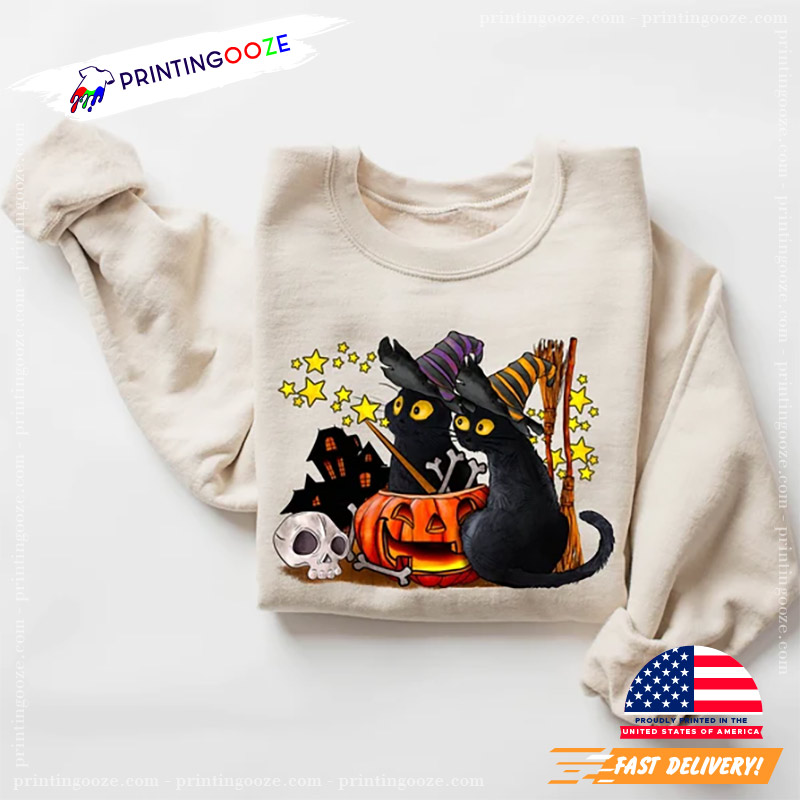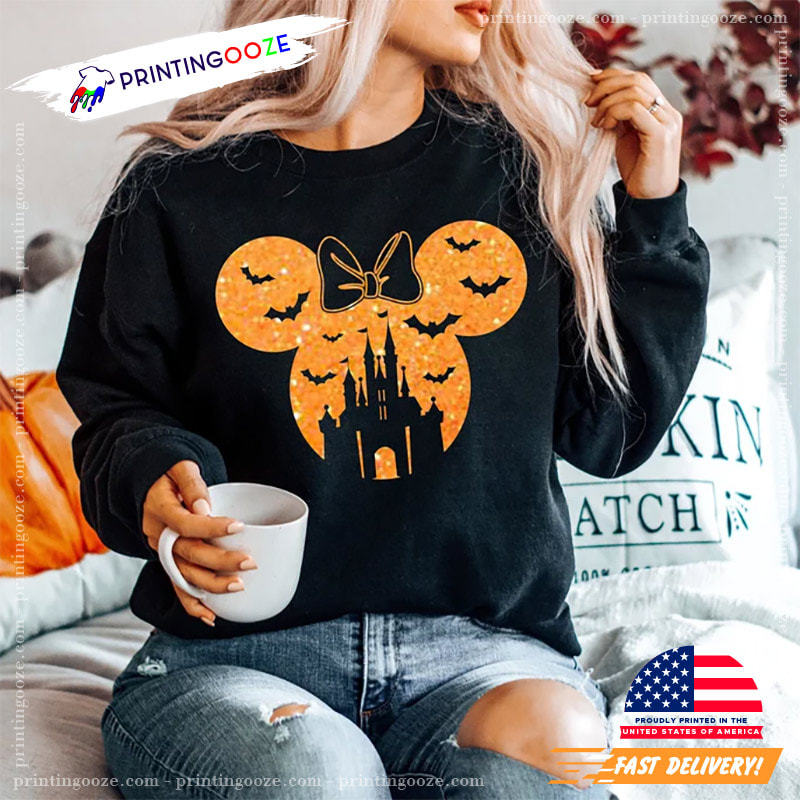Trending
Unmasking Halloween 2023: Tracing the Mysterious Origins
The world eagerly anticipates the arrival of Halloween—a night of eerie enchantment, spine-tingling tales, and playful spookiness. Yet, beyond the candy and costumes lies a history veiled in mystery and centuries-old traditions that have shaped this beloved holiday into what it is today. Journey with us as we delve into the history and origins of Halloween, unmasking the ancient customs, cultural activities, and intriguing transformations that have brought us the holiday we celebrate now.
The Ancient Roots
Halloween’s history is deeply intertwined with ancient Celtic traditions, particularly the festival of Samhain. Celebrated on the night of October 31st, Samhain marked the end of the harvest season and the beginning of winter. It was a time when the Celts believed that the boundary between the living and the spirit world was blurred, allowing ghosts and other supernatural entities to roam freely among humans.
The ancient roots lie in the Celtic festival of Samhain, a time when the barrier between the living and the spirit world was believed to be at its thinnest. This connection to the supernatural world, along with the influences of Roman and Christian traditions, has given rise to the modern celebration of Halloween.
Costumes and Disguises
The concept of dressing up in costumes continued to evolve more than it is in the past, especially as Halloween became more commercialized in the 20th century. People began to dress up as a wider range of characters, including fictional heroes, pop culture icons, and even political figures. The practice of trick-or-treating, which emerged in North America, further fueled the popularity of costumes, as children and adults alike sought creative ways to collect treats while dressed in elaborate outfits.
Today, the tradition of wearing costumes on Halloween is a celebration of creativity and self-expression. People have the freedom to embody their favorite characters, explore their darker sides as spooky creatures, or simply have fun with imaginative and playful outfits. The act of choosing and crafting a costume allows individuals to engage in a creative process that can be both enjoyable and empowering.


Halloween Symbols
Halloween is rich with symbols that evoke a sense of mystery, spookiness, and fun. These symbols have become synonymous with the holiday and contribute to its unique and festive atmosphere.
1. Jack-o’-Lanterns
Jack-o’-Lanterns are carved pumpkins with lit candles inside, casting an eerie glow. This tradition originated from the Irish folktale of Stingy Jack, and it symbolizes protection from malevolent spirits.
2. Ghosts
Ghosts are a classic Halloween symbol that represents the belief in the spirit world and the thinning of the boundary between the living and the dead.
3. Spiders and Webs
Spiders and their webs are often associated with Halloween due to their connection to darkness and mystery. They symbolize the unknown and the supernatural.
4. Bats
Bats are creatures of the night and are closely linked with the concept of darkness and the supernatural. Their association with Halloween adds to the spooky ambience.
5. Black Cats
Black cats are both revered and feared during Halloween. They have been associated with bad luck and superstitions throughout history, but they are also considered symbols of mystery and magic.
6. Skeletons and Skulls
Skeletons and skulls are commonly used to evoke thoughts of mortality and the afterlife. They symbolize the transient nature of life and the connection between the living and the dead.
Halloween Activities
1. Trick-or-Treating
This classic activity involves children (and sometimes adults) dressing up in costumes and going door-to-door in neighbourhoods to collect candy. The phrase “trick or treat” is a playful request for treats, and it’s a beloved tradition that brings communities together.
2. Costume Parties
Halloween costume parties allow people of all ages to showcase their creativity by dressing up as their favorite characters or in spooky outfits. These parties often feature costume contests, games, and festive decorations.
3. Haunted Houses
Haunted houses and attractions provide a thrilling experience for those who enjoy a good scare. These elaborately decorated venues are designed to evoke fear and excitement, often with actors, special effects, and interactive elements.
4. Pumpkin Carving
Carving pumpkins into jack-o’-lanterns is a cherished tradition. People of all ages carve intricate designs into pumpkins and place candles inside to create an eerie glow.
5. Halloween Movie Nights
Watching Halloween-themed movies and TV shows is a cozy and entertaining activity. Whether it’s classic horror films, family-friendly animations, or spooky sitcom episodes, there’s a wide variety of content to choose from.
Conclusion
In delving into the depths of Halloween’s history, we’ve unravelled the intricate threads that weave this holiday’s enigmatic origins. We remember the spirits of the past, honor traditions passed down through generations, and create new memories with friends and family. Unmasking Halloween reveals not only the history behind the holiday but also the enduring spirit of curiosity, connection, and creativity that it ignites within us all.



Comments are closed.